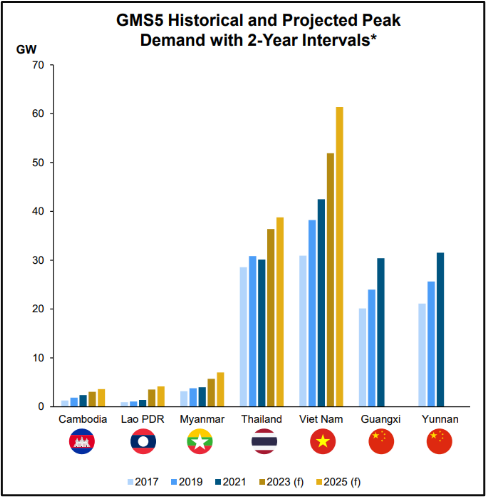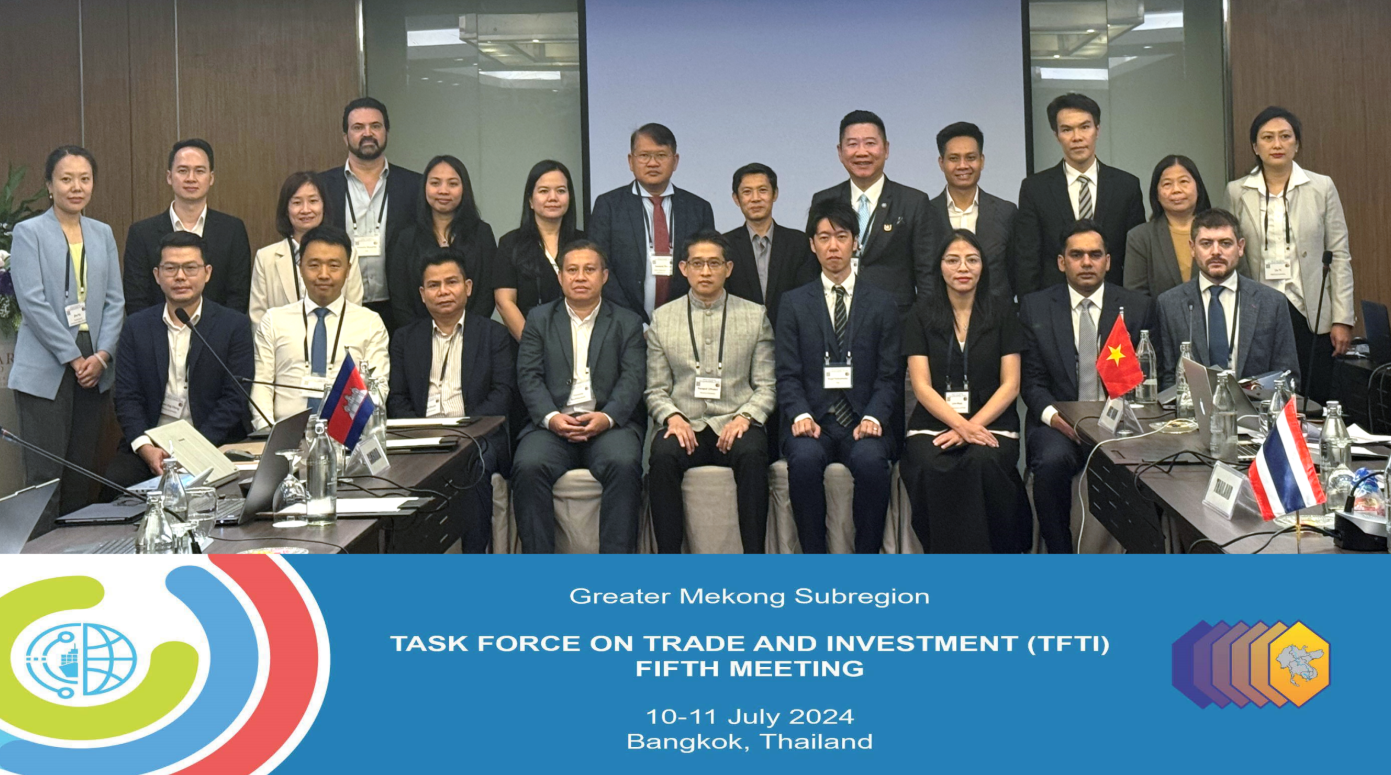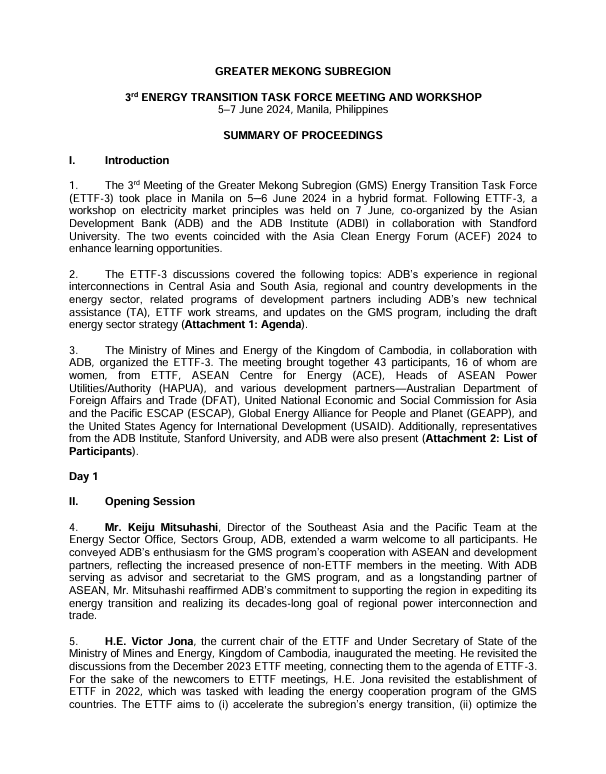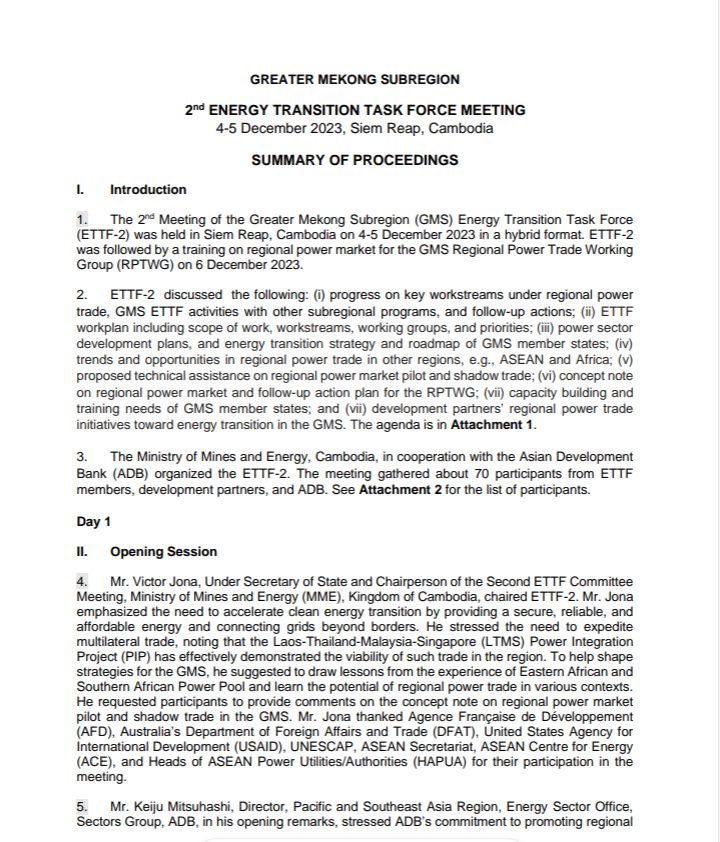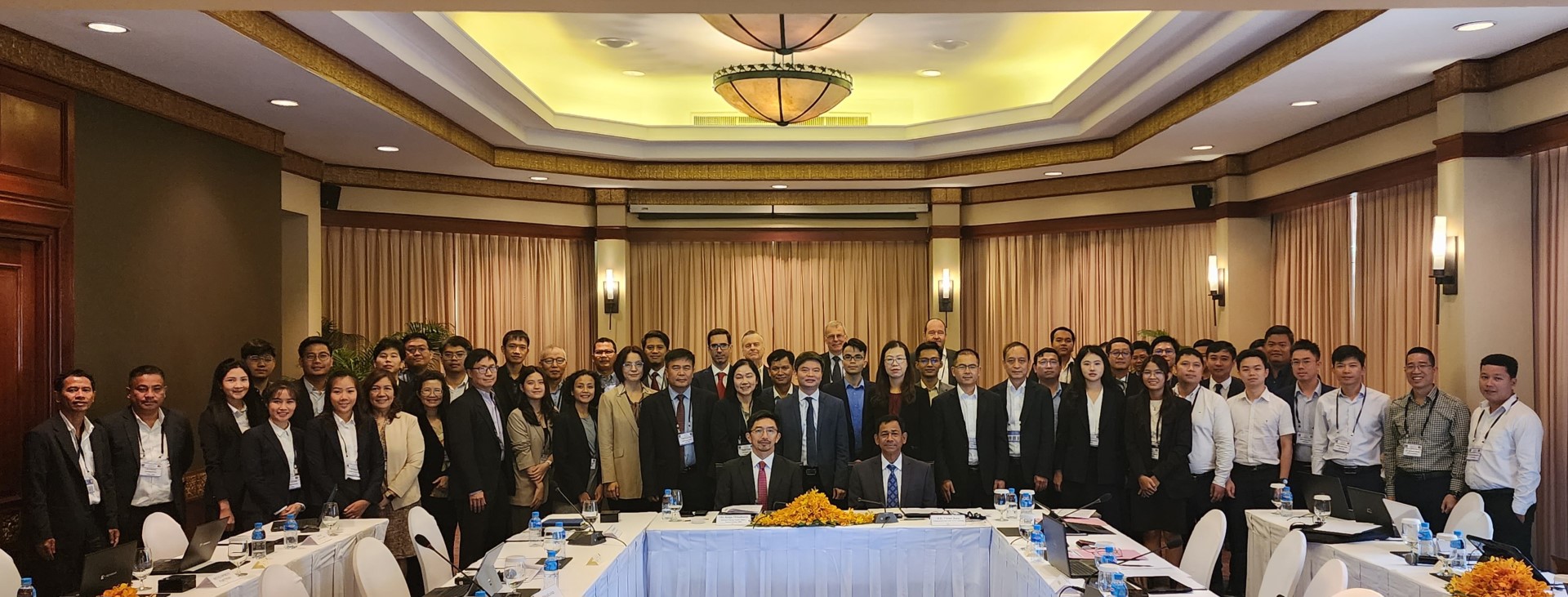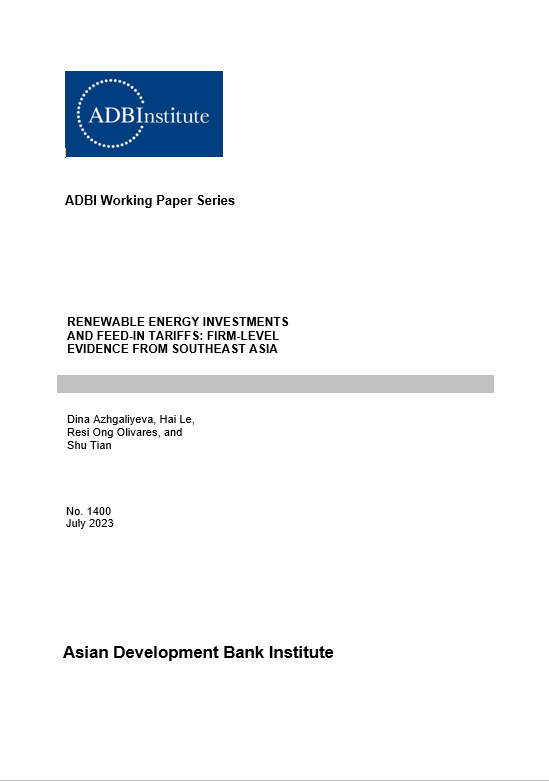Energy Reforms in the Lao People's Democratic Republic can Unlock Development Gains
The Lao People’s Democratic Republic’s reliance on debt financing for the power sector has led to significant economic growth but also severe debt distress. Reforms should focus on improving sector governance, enhancing financial sustainability, and fostering clean energy access.

